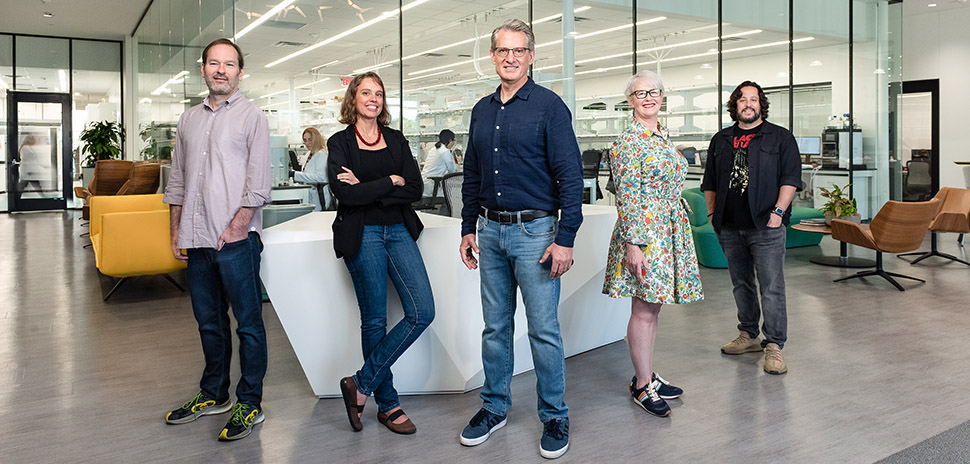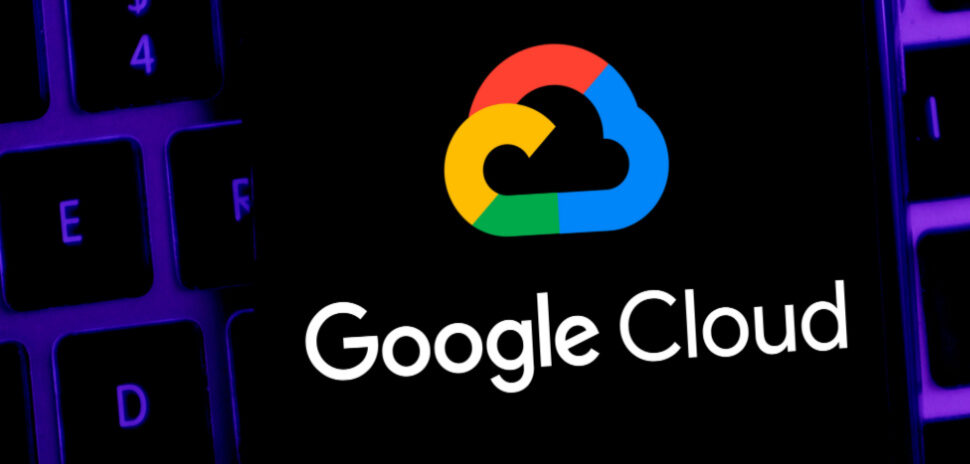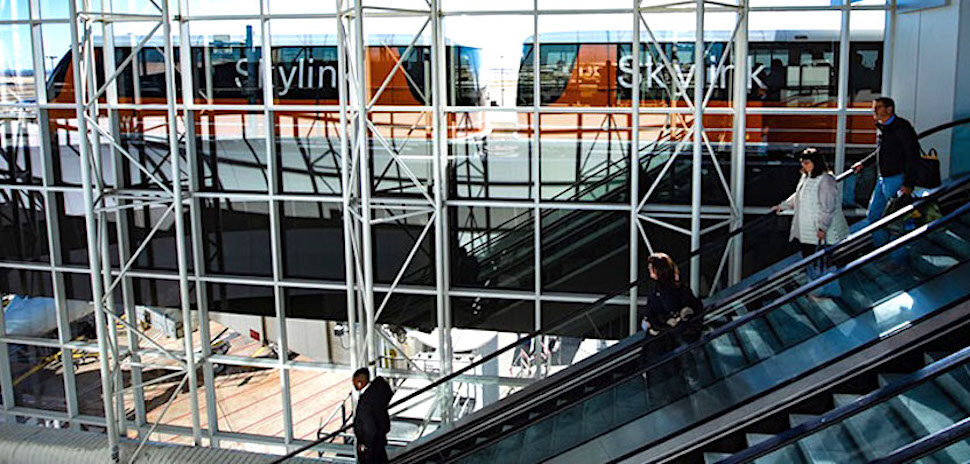This week at the Bio-IT World Conference in Boston, Google Cloud unveiled its AI-powered Multiomics Suite, which aims to accelerate the discovery and interpretation of genomic data, helping companies design precision treatments. As part of the rollout, Google Cloud noted that Dallas-based Colossal Biosciences has adopted the Multiomics Suite, and that Colossal spinout Form Bio has been selected to help other organizations adopt it.
Google Cloud says its Multiomics Suite advances precision medicine care by transforming multiomics data into insights to advance scientific discoveries. “Organizations can use this solution to streamline and accelerate analysis of genomic data, design clinical genomics, accelerate personalized medicine, and interpret genomic data to unlock new discoveries,” the company said in a statement. “The solution also provides structure and processes for researchers and data scientists to collaborate, saving time on developing net new paths, algorithms, or methods.”
Colossal has saved both costs and time using the Multiomics Suite
Dr. Alexander Titus, VP of Strategy & Computational Sciences at Colossal, said that by combining the science of genetics with the business of discovery, his company endeavors “to advance the economies of biology and healing through genetics.”
“With Google Cloud’s Multiomics Suite, Colossal was able to see 52% reduction in overall cost and an 88% reduction in time to execute whole genome sequence analysis when compared with open-source tools—demonstrating dramatic improvements in overall computational efficiency,” Titus added in a statement. “This accelerates our ability to solve critical problems for all life on Earth.”
Form Bio named a Google CLoud Premier partner
Dallas-based Form Bio spun out of Colossal Biosciences last September with tech tools poised to help drive the “entire molecular revolution” occurring in life sciences and biotech. As part of the newly announced collaboration, Form Bio has been designated by Google as a Google Cloud Premier partner.
Multiomics provides what Form Bio describes as “an integrated perspective to power discovery across life sciences research domains.” Organizations will have an option to incorporate Form Bio’s platform when they adopt Google Cloud’s Multiomics Suite, to empower the next wave of innovative life science research.
The collaboration with Google Cloud will combine ease of use with comprehensive analysis of genetic and proteomic data, expediting biopharmaceutical research, Form Bio said.
Leveraging interest in bioinformatics and AI
“Surging interest in bioinformatics and AI is inspiring a wave of life science companies to turn to cloud-based computing,” Mark Swendsen, Chief Revenue Officer at Form Bio, said in a statement. “Form Bio has a team of industry experts and is built on Google Cloud’s advanced high performance computing, data analytics, and AI technology, putting us ahead of the curve.”
“With Google Cloud’s powerful platform, Form Bio is positioned to increase life sciences research data accessibility, ease of use, and interpretability,” Swendsen added. “Through this alliance with Google Cloud, we’ll be able to drive automation and optimization for the industry, empower life sciences researchers to accelerate their breakthroughs and broaden our scope and reach for the science and academic communities.”
Google Cloud said its Mutiomics Suite includes:
- Data ingestion and analytics: Allows organizations to streamline the ingestion, sharing and management of data, discover more data for research through public datasets using dataset dashboards from Collibra, and it enables customers to securely exchange data assets with other organizations using Analytics Hub.
- Secondary analysis: Enables organizations to ingest raw sequence files with genome-wide association study pipelines into Google Cloud Storage, extract variants using Batch API and NVIDIA’s Parabricks for accelerated genomic analysis with tools like GATK and Google’s DeepVariant, and accelerate processing using Compute Engine to turn raw sequencing (DNA/RNA) data into actionable insights in a scalable, secure, and cost-effective way.
- Tertiary analysis: Allows customers to identify genes associated with a particular disease or trait to be integrated into multimodal datasets, process and analyze variants using Variant Transform and BigQuery, scale AI and machine learning with Vertex AI, and visualize insights with Looker.
![]()
Get on the list.
Dallas Innovates, every day.
Sign up to keep your eye on what’s new and next in Dallas-Fort Worth, every day.


































































